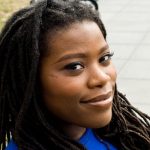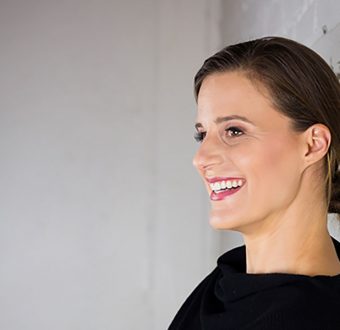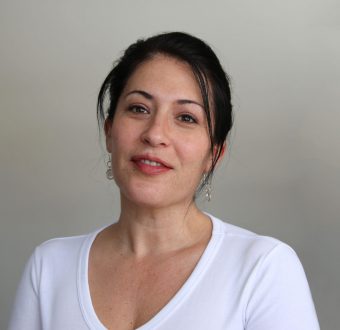I always thought the world would end by the time I turned 30. It was a mantra that entered my head when I was in first or second grade, when I first heard about the hole in the ozone layer. It was something I thought about when my teachers at school told us to cut up the plastic rings in six packs so they wouldn’t choke fish. On 9/11, when I called my mother from my dorm room, a hundred miles from home, she said “You’ve been thinking something this bad would happen for years and here it is so if you want me to come get you, like you’ve always asked me to do if you think the world is ending, I’m coming.” And she did and she and I drove from Connecticut to Boston on a highway empty of all other vehicles except for Army transport trucks speeding in the opposite direction to New York.
But I turned 30 at the start of the last decade and the world didn’t end. In fact, it looked like maybe it could be getting better. There was a president in the White House who, finally, said the right things about climate change. Miraculously, the ozone hole was closing. What a relief, it seemed, to be proven wrong. I allowed myself a hopefulness, borne from the belief that maybe real life could follow the beats of a Hollywood movie and good times necessarily had to follow bad. It was hard to shake, even after the 2016 election. Surely, this was the lowest point in our great global narrative and life would begin to turn around. It was in that spirit that, even though I tracked climate change news regularly, I decided to have a baby. “Our people have always had children when the world was ending for us,” my mother told me. “If black women waited for a world that was hopeful for us to have children, we would never have them.”
But now. I hold my daughter, born in August of the last year of the decade, and read of how lakes are boiling in Siberia, Australia is on fire, the Amazon burns, and all the other horrors that we all collectively scroll past because it is too awful to bear. My mother talks to her of showing her the ocean when she’s bigger, and I realize, with a start, that she will probably be the last member of our family to swim in the waves at the Inkwell on Martha’s Vineyard—by the time she’s an adult, the island will be underwater. Already, her cousins, a decade older than her, are probably the last of our line to play in the tidal pools at Wingaersheek Beach–they’ve disappeared in the last ten years.
As these thoughts enter my head, I feel the keen, thin pleasure of catastrophizing—how it can make you feel like a brave Cassandra to point out everything wrong without ever doing anything about it. It is a pleasure that loses its appeal when you have a child. I think maybe part of having a baby at this moment is a way to counteract that profound spiral of darkness. But this is an awfully big burden to put on a person who will have to bear the brunt of a crisis she had nothing to do with making.
I’m writing this from my family’s home—where my mother and sisters and nieces live. I have thought all day today how much easier it is to mother her here, how babies are meant to be raised communally, how so much of our culture that tries to convince us that we should all live in isolation is the cause of so much despair, so much anxiety that can find its way into the actions of a Cassandra and less into the actions of building a community. In the past year I’ve listened to Naomi Klein and read my Megan Mayhew Bergman and Emily Raboteau. What all of them have pointed to is the only way to live in this crisis is to build community. That climate change will not only make earth uninhabitable, it will rend our understanding of human rights and human decency. It feels old fashioned to use that phrase, proof of how deep we are in it now, perhaps.
So I’ve chosen to have a baby at probably the worst point to do so in human history. All I can think is that I am raising her to make that community that will preserve a bit of kindness in whatever brave new world she encounters.
—
As we begin this critical new year in the fight against climate change, Greenpeace is giving over space on our channels to authors and artists working within the climate crisis. Acclaimed author Lauren Groff prompted artists and thinkers to write essays and art about climate change for us, and so every day this month we’ll have a new piece from that project that addresses, in some form, what it means to create in the midst of this crisis. The forces fueling climate change have the most powerful networks in history pumping out their devastating propaganda at unimaginable scale. It’s going to take everything we have from all of us – imagination equal to the task – to create the climate we’ll need to stop the crisis.
We need these voices and these visions, but they won’t be enough. We need you, too. We encourage you to check back on the Climate Visionaries Artists’ Project every day to see what’s new, and to join the conversation by sharing your work on Twitter, Facebook, and Instagram and tagging it #ClimateVisionaries.




